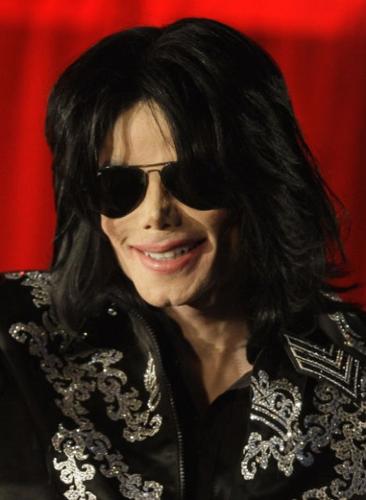It was a casual Q&A at a private industry event in Beverly Hills, honoring Dionne Warwick’s seven-decade career.

The crowd was warm, relaxed, sipping wine under dimmed chandeliers when the moderator asked, almost offhandedly, “You worked with Michael Jackson—what was he like backstage?”
There was laughter, expecting a cute anecdote.
Instead, Warwick went still.
She glanced down at her hands, and after a long pause, said:
“I saw what he hid behind the curtain.
You could hear the breath leave the room.
The smile faded from the moderator’s face.
Phones went up.

“I’ve been quiet for years because… well, what good would it do?” she began.
“But I’ll tell you this: There’s a difference between being private and being deliberately unknowable.
Michael wasn’t just shy.
He was something else entirely.
Her voice didn’t shake.
It was calm.

But underneath the calm was a kind of exhaustion.
The kind that comes from knowing a truth too long.
She recounted an event in 1984, during rehearsals for a televised benefit concert.
Warwick was invited into the green room to discuss arrangements.
When she entered, the room was empty—except for Jackson, curled in a corner behind a thick stage curtain.
“He didn’t say a word.
He didn’t acknowledge me.
He just sat there, like a child in trouble, hiding from a parent,” she recalled.
“I wasn’t scared.
I was confused.

At the time, she chalked it up to stage nerves.
But as years passed—and other moments began to echo that one—she started to see a pattern.
“There were too many curtains,” she said.
“Literal ones.Metaphorical ones.
And every time you tried to look past them, someone would step in.
A handler.A lawyer.A PR person.
And you started to ask yourself—what exactly are we protecting here?”
This wasn’t a tirade.
There was no anger in her voice.
Just a haunted kind of clarity.
She described a later encounter in London, at a private EMI dinner in the late ‘90s.
Jackson arrived late, flanked by a wall of security.
No handshakes.
No eye contact.
No conversation.
“When I looked at him, it felt like I was looking through a two-way mirror,” Warwick said.
“He could see us.
But we weren’t allowed to see him.
”
And then came the line that cracked the illusion open:
“Some illusions are so well-rehearsed, even the mirror believes them.
”
The quote has since gone viral, reposted across platforms, analyzed, debated, weaponized.
But what made it land wasn’t just its poetry—it was the weight behind it.
Warwick wasn’t calling Jackson a fraud.
She wasn’t confirming or denying the darkest rumors.
She was doing something more devastating: revealing that those closest to him saw the inconsistencies… and said nothing.
When pressed further, she said simply:
“There were things you don’t say in this business.
Not if you want to keep working.
But I’m 84.
What are they gonna do? Uninvite me from the Grammys?”
The crowd laughed nervously.
She didn’t.
What followed was a long silence—one of those rare public silences that feels heavier than applause.
Psychologists and media analysts have since tried to unpack what Warwick meant.
Was it an accusation? A warning? A confession of complicity? Dr.Erin Holt, a behavioral profiler, told Entertainment Insight:
“Her description is consistent with someone recalling a pattern of passive observation—seeing red flags, but being conditioned not to react.
It’s psychological survival in a predatory industry.
Some fans accused Warwick of opportunism.
Others praised her for finally telling the truth.
But perhaps the real story isn’t about Jackson at all—it’s about the system that enabled him to stay behind that curtain.
Because Warwick’s story isn’t just about one man.
It’s about the oxygen of celebrity—the handlers, the contracts, the NDAs, the culture of silence that turns artists into enigmas and truths into liabilities.
And now, as Warwick nears the end of her legendary career, she’s choosing truth over nostalgia.
In one of the more startling moments, she said,
“I wasn’t afraid of Michael.
I was afraid of what we were all pretending not to see.
”
That sentence hit harder than any courtroom deposition.
Because it doesn’t just indict Jackson—it indicts an industry.
And it forces fans to reckon with a darker reality: that charisma can blind us, talent can distract us, and myth can excuse too much.
As she wrapped up the Q&A, the moderator tried to pivot—asked her about her favorite duet.
But Warwick just smiled, stood up slowly, and said:
“Sometimes, the real story never makes the album.
”
Then she walked off stage.
No press statement.
No follow-up interview.
Just the image of an 84-year-old legend finally pulling back the curtain—and leaving the rest of us to decide what to do with what we saw.




